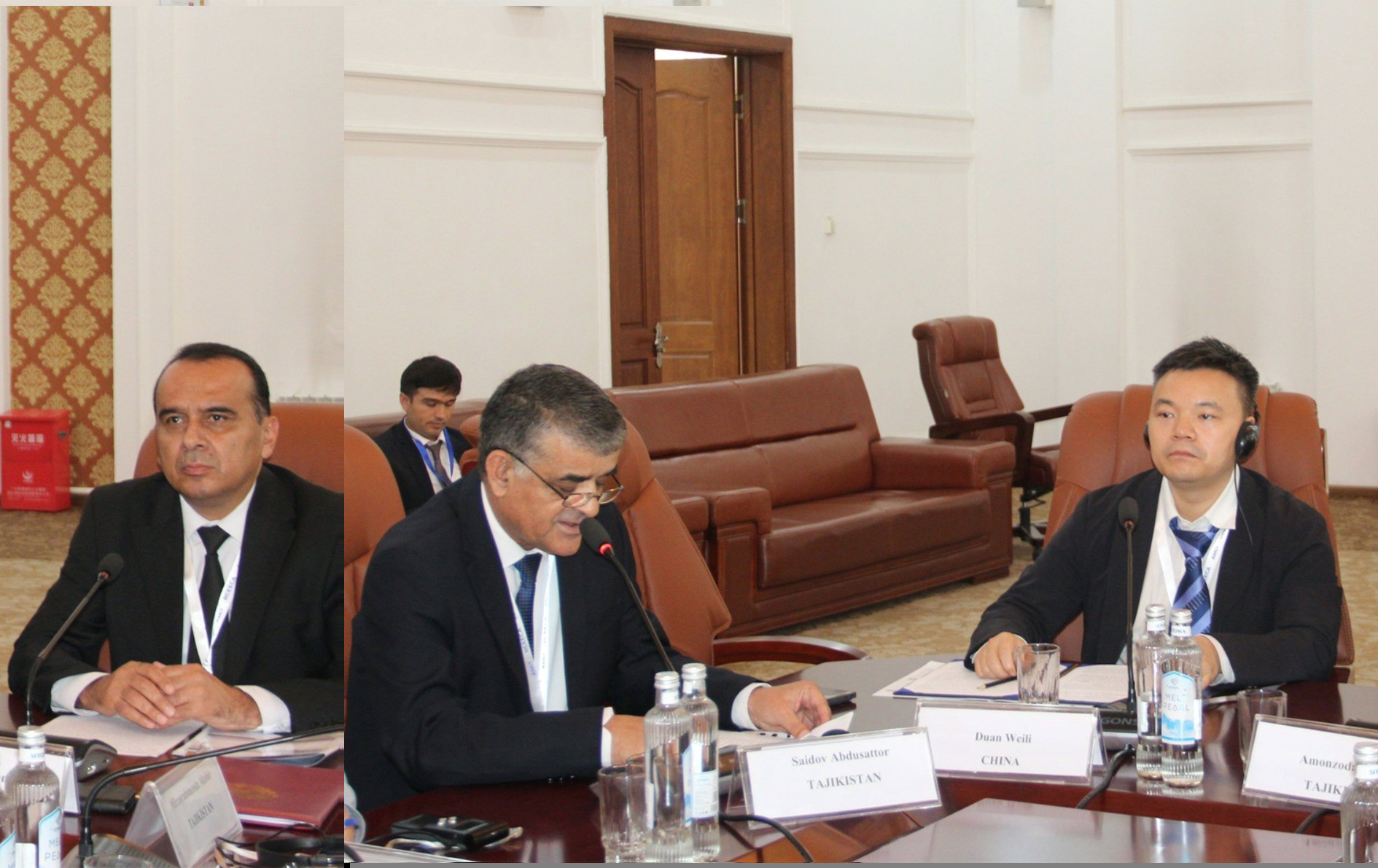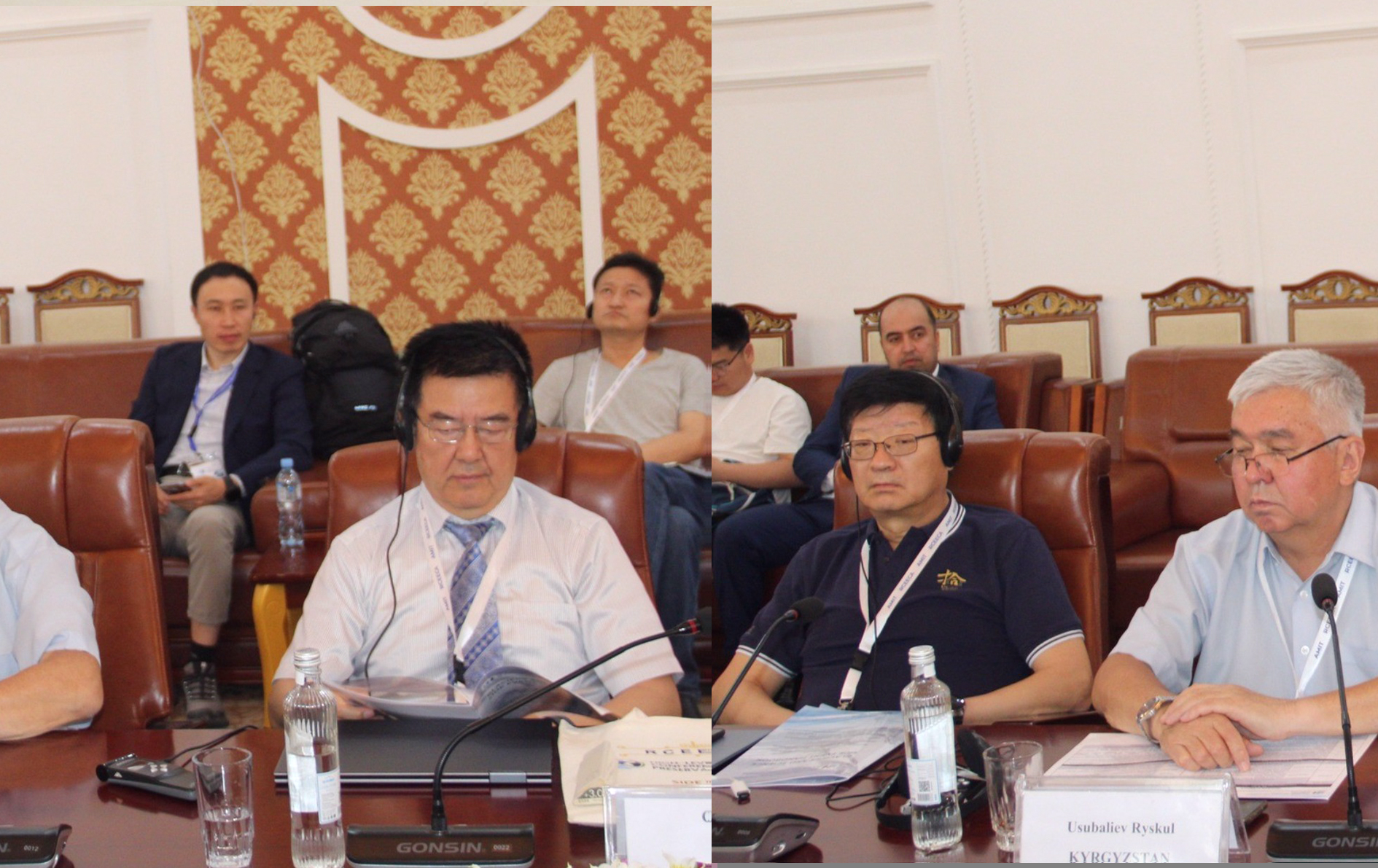On May 29, 2025, a parallel scientific event titled "Glaciers and Science" was held at the National Library of Tajikistan as part of the High-Level International Conference on Glacier Preservation. The event was organized at the initiative of the National Academy of Sciences of Tajikistan and the Xinjiang Institute of Ecology and Geography of the Chinese Academy of Sciences, in collaboration with the Research Center for Ecology and Environment of Central Asia (Dushanbe), the Glacier Research Center, and the Institute of Water Problems, Hydropower and Ecology of the Academy of Sciences of Tajikistan.
Opening the event, Abdusattor Saidov, Co-Director of the Research Center for Ecology and Environment of Central Asia (Dushanbe), Corresponding Member of the National Academy of Sciences of Tajikistan, emphasized that the glaciers of Tajikistan are not only a priceless source of fresh water, but also a crucial regulator of water resources and climate in Central Asia. He stressed the urgent need for coordinated efforts by the scientific community, governments, international organizations, and society at large to preserve glaciers.
In his remarks, Professor Amonzoda Ilhom Temur, Vice President of the National Academy of Sciences of Tajikistan, noted that the "Glaciers and Science" side event represents an important scientific forum within the framework of the High-Level International Conference on Glacier Preservation. He highlighted that climate change is accelerating glacier melt, which affects river regimes and high-mountain ecosystems. Comprehensive research, modeling, and forecasting of glacier degradation processes are essential for sustainable water resource management.
Professor Duan Weili, Deputy Director General of the Xinjiang Institute of Ecology and Geography of the Chinese Academy of Sciences, stated that the glaciers of Central Asia play a vital role in supplying water to over 70 million people in the region. Their rapid melting may lead to severe water shortages, posing serious challenges to the population, environment, and economy. He emphasized the need for in-depth scientific research and the development of adaptation and sustainable development strategies.
During the event, scientists and experts in glaciology, ecology, and geography from academic institutions, specialized research centers, and international organizations from Tajikistan, China, and Kyrgyzstan presented reports on the study and preservation of glaciers. Participants exchanged views on key areas of research. It was concluded that glacier studies must be conducted at an appropriate level and in close international cooperation.


